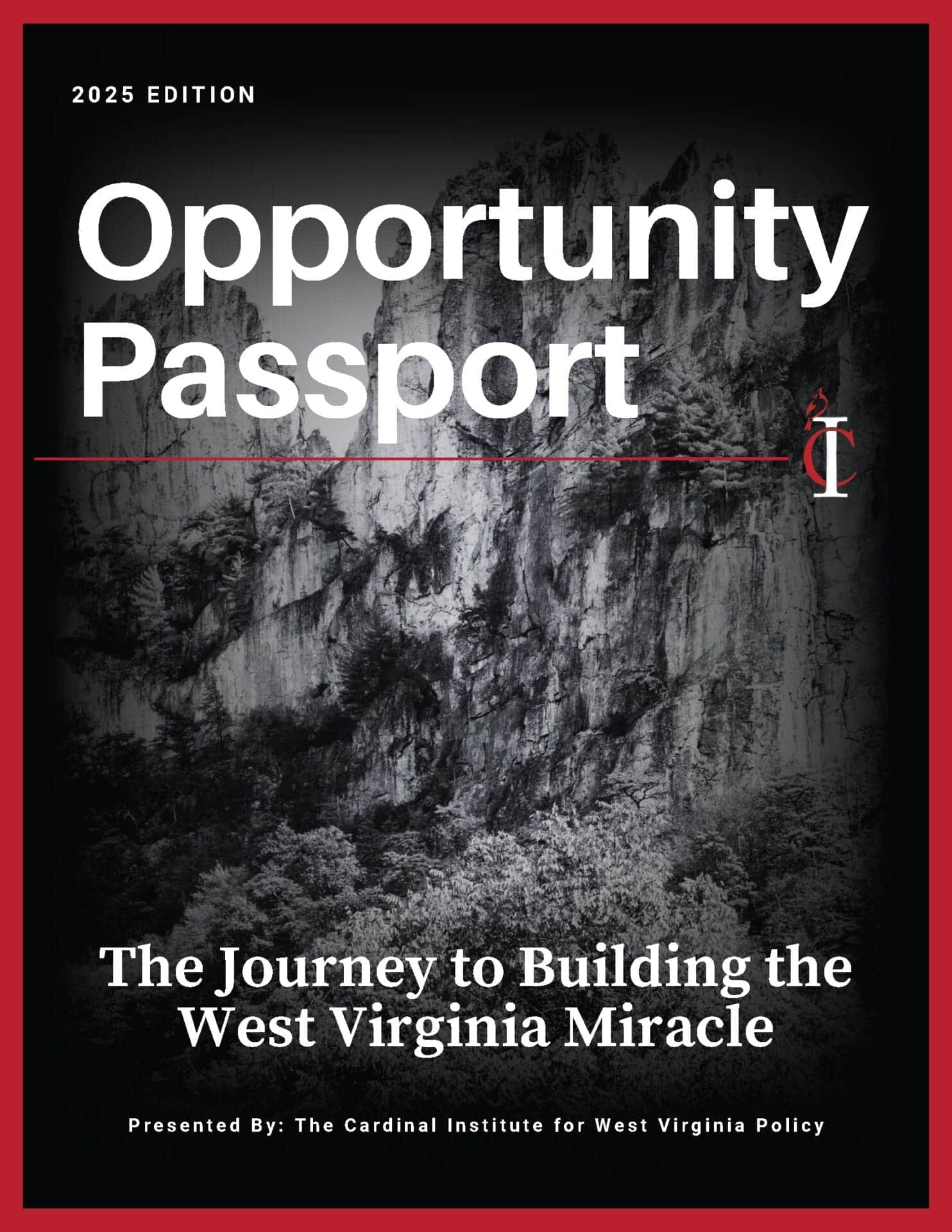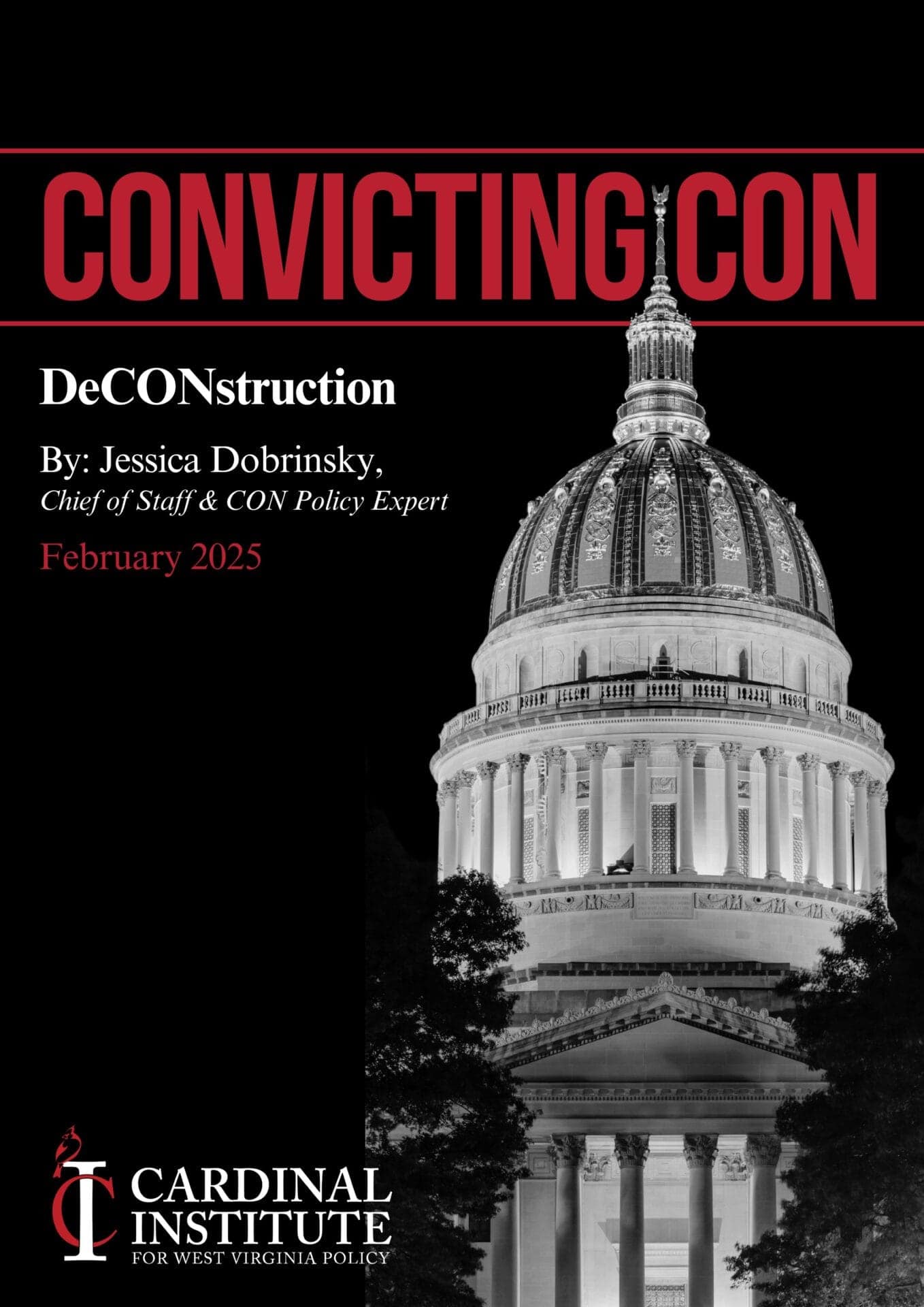
G.K. Chesterton on Love, Loyalty, and Political Reform
Reflections from G.K. Chesterton’s Orthodoxy
Recently, I have been reading G. K. Chesterton’s book Orthodoxy. His 1908 work has settled in as a seminal piece in Christian apologetics. The book was written as a “spiritual biography,” as described by Chesterton himself. It chronicles his personal journey to adopting Christianity. Rather than attempting to rationalize Christianity’s apparent paradoxes, Chesterton takes these paradoxes as evidence for his worldview. For example: the world being fallen and evil yet redeemable and good. He sets the stage for this right out of the gate in Chapter 1, establishing the view that humanity innately needs conflict.
Now, the Cardinal’s Nest blog is not the place for me to convince you of any religious beliefs, but in this work, Chesterton lays out a thought process surrounding love and loyalty that has very much struck me. While Chesterton is making a point about something much larger than states and nations, he uses these to make his point.
Love and Loyalty with and without Reason
“The man who is most likely to ruin the place he loves is exactly the man who loves it with a reason.”
Here, Chesterton is putting on display the man who loves what he loves because of some attribute about it. He provides a more concrete example:
“If we love England for being an empire, we may overrate the success with which we rule the [Indians].”
This was during the time before India’s independence when Britain ruled it as a colony. What Chesterton is warning against is a double-edged sword: loving England for its empire may cause the optimistic man to overlook inadequacies in its rule, and loving England for being an empire may cause the pessimistic man to no longer love it should the empire ever fall. He provides an alternative:
“But if we love [England] only for being a nation, we can face all events: for it would be a nation even if the [Indians] ruled us.”
Chesterton goes on to explain it plainly: the man who loves his home for its history, may overlook fact for legend if it suits him, but the man who loves his home because it is his home will not mind history’s mud. Optimism and pessimism give way to patriotism.
Love West Virginia for No Reason in Particular
Chesterton tells us that patriotism should be abstract and arbitrary. Mountaineers should love West Virginia simply because West Virginia is West Virginia. And when your patriotism is transcendental, your politics become practical. Your reforms will not be aimed at tickling West Virginia’s this or that but aimed at helping West Virginia herself.
Jacob McCoy is a Contributor to the Cardinal’s Nest Blog.







